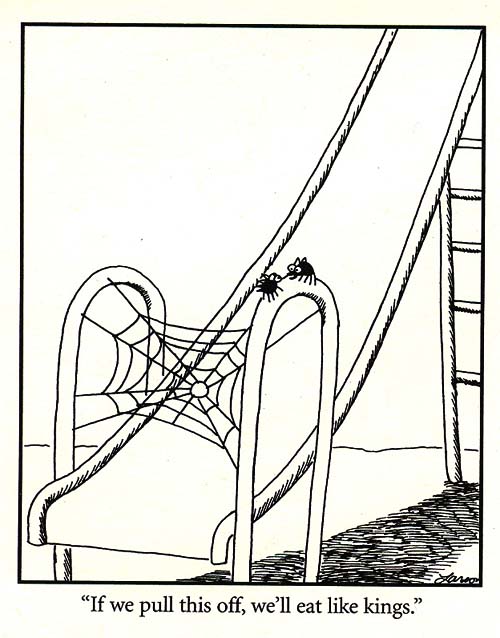
Too late, no use pretending…
Temptation is all around; whether in the name of celebration or simply to keep boredom at bay, traditional Christmas foods are calling us with the promise of guaranteed pleasure.
High fat, high sugar and a texture to die for… literally!
From Belgian chocolates and Christmas puddings to roast potatoes, variations on the theme abound this time of year.
And just to make sure that all restraints are eradicated, alcohol is kept flowing!
So what can we do to reduce the impact on our health…
1) It is not just about over-eating but the quality of the food we eat
This is no surprise; over-eating makes you fat and if you do it long enough it will make you sick… but not all over-eating has the same effect.
Research shows that after six days of high-sugar, high-fat, low-protein foods, fat deposits in the liver and muscles are more likely to appear regardless of the number of calories. But of course, it is rather difficult not to over-eat those kinds of foods as well and just seven days of overfeeding reduces whole body insulin sensitivity and primes you for the slippery slope of a pre-diabetic state.
However, protein has less impact on fat or weight gain compared to carbohydrate or fat overfeeding.
Protein has more neutral metabolic and body composition effects. Protein digestion takes up more energy and even boosts calorie expenditure by day, and sleep. Protein also reduces cravings, and loading up on turkey this Christmas will mean less room for stuffing, potatoes and Christmas pudding!
2) Drink apple cider vinegar before your carbohydrates
Apple cider vinegar has been shown to improve glucose tolerance and consequently reduce postprandial hyperglycaemia. The best timing for this is 30 minutes before eating the carb-rich foods. Traditionally the French start their meals with a salad and vinaigrette dressing.
3) Keep moving and exercise
Even a simple 30 minutes’ walk straight after your meal will reduce insulin resistance and speed up gastric emptying. It is also the time your stomach needs to send all the required messages to your brain about enough foods. It will be easier to resist cravings on your return.
Exercise has been shown to counteract the short term negative (epigenetic) effects of overfeeding seen in the adipose tissue. The best time to exercise is immediately after eating. Although this may sound counter-intuitive with a belly full of food, the study used several sets of push-ups, squats, lunges, and sit-ups to do the trick. Perhaps a good ball game with the kids would suffice and prevent the rest of the family from thinking that you have finally lost the plot!
4) Get out into the cold, have cold showers and keep your heating down
If you can keep room temperature at no more than 18°C for 2.5 hours—it will be enough to increase energy expenditure without increasing hunger or subsequent food intake. Cold exposure (shower or dip) exercises brown fat and uses a lot of (surplus) energy. It contributes to dopamine release and alertness while improving circulation. Start with your legs and hips only if you are not used to cold showers.
5) Drink (green) tea after your meal
Tea has been shown to speed up digestion and improve liver function. Always a plus when dealing with excessive food and alcohol intakes.
6) Accept your heavy excessive meal as a positive experience
Overeating induces oxidative stress enough to trigger the release of antioxidant compounds. As with all challenges that are occasional and positively assimilated (hormetic), they make you stronger.
Overeating happens. Humans like to feast, make merry and eat big to ring in the good times. However, a feast is no longer a feast if you just keep eating …
7) Have a colonic and move on
Although I would never associate colonics with purging, I have found that the feeling of cleansing achieved can help reconnect with self-care.
Colonics’ impact on the enteric nervous system also means reduced cravings, a greater sense of well-being and a lighter mind… all the ingredients needed to move on and re-commit.

